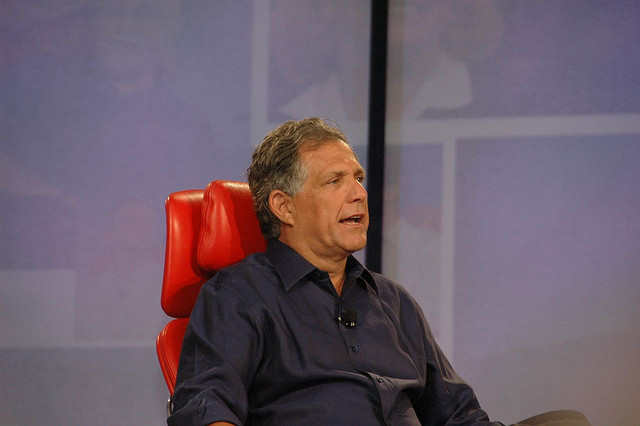
Last year, the rhetoric surrounding the battle between television networks and TV-over-Internet company Aereo escalated to a point that would have been alarming if it weren't so ridiculous. First the COO of News Corp. said that if Aereo were allowed to exist, it might go ahead and take the "broadcasting" out of "Fox Broadcasting," converting to a cable channel. Weeks later, CBS CEO Les Moonves suggested his company might pursue the same strategy.
Aereo uses a scheme where it catches free over-the-air TV with tiny antennas, renting one to each user, and then transmits the TV shows over the Internet. In Aereo's view, that allows the company to avoid paying the "retransmission fees" that cable companies pay to TV networks. The major TV networks say it's an illegal dodge around copyright rules, and their fight is scheduled to be argued in the Supreme Court in April. It will be the biggest copyright fight in 2014, without a doubt.
But CBS' suggestion that Aereo is a content bandit has one very visible flaw: Aereo's alleged victims are more profitable than ever.
CBS reported that its profits were up 20 percent for the last quarter of 2013, to $470 million. On Tuesday, Moonves told investors and analysts that even if Aereo won the case, "we're not going to be financially handicapped at all," according to reports in Deadline.com and The New York Post.
However, he also again floated the idea that CBS might cease some broadcasting if Aereo wins. According to the transcript of an interview yesterday with CNBC, Moonves said he expects the TV networks to win the case, but if they don't, limiting broadcasting—and even creating their own version of Aereo—is an option. Moonves said:
Look, we expect that the Supreme Court will do the right thing and side with the people who are providing the content. Not the people who are taking our content and using it illegally, which is our point of view. However, if that should happen, if the worst should happen, there are so many other alternatives that will not—so this will not affect our bottom line. Obviously the networks collectively could do their own version of Aereo, there's a way to put our signal on cable without putting it over the air. There's also over-the-top for us. So, there are many, many alternatives to allow people to receive our signal no matter what happens. It's something that the Supreme Court will decide, but it's not anything that we're deeply concerned about because we have alternatives.
The TV networks lost their copyright case in district court and were rejected on appeal by a panel of judges and by the full US Court of Appeals for the 2nd Circuit. They appealed to the Supreme Court, a move which Aereo—which has been sued in multiple venues—did not oppose.
Oral arguments are scheduled for April 22, and a decision will likely come by June.
reader comments
105